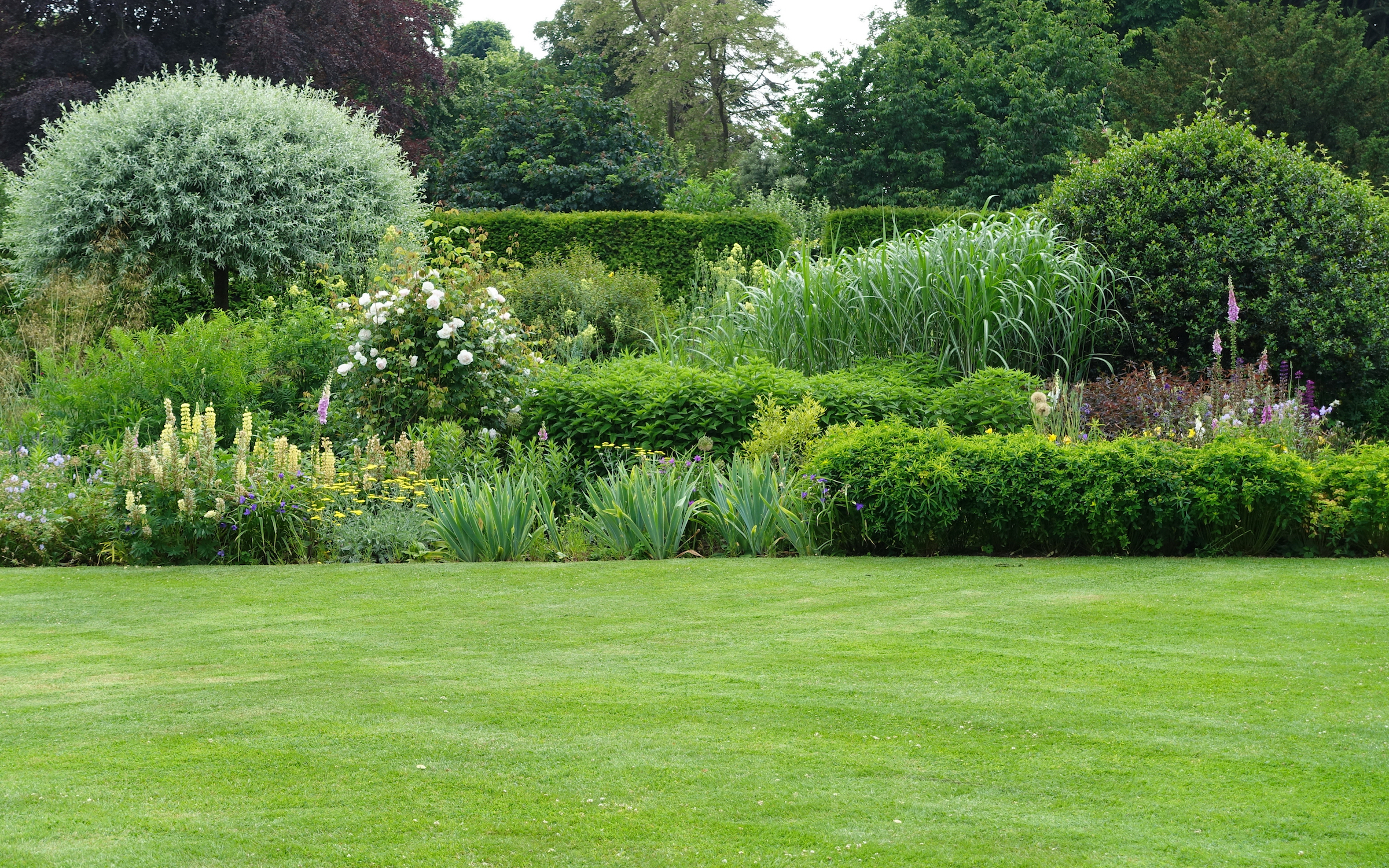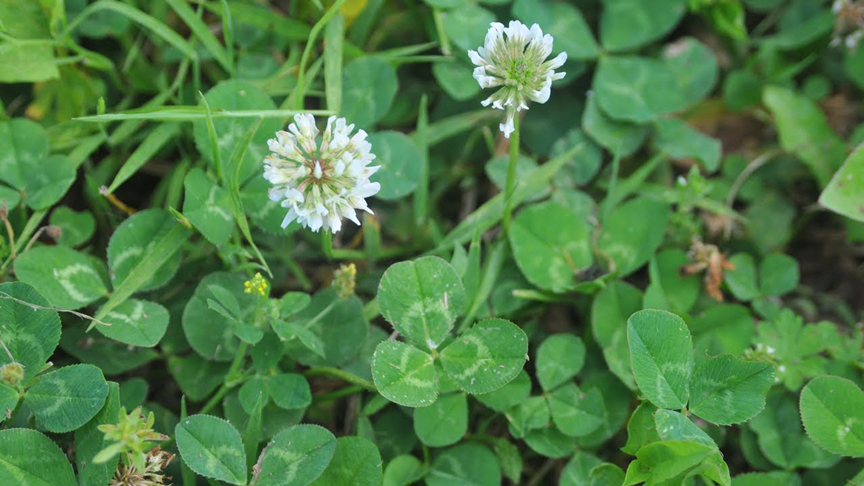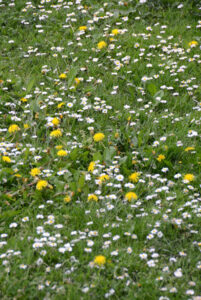
Organic lawn care
When grass is happy, it will outgrow just about any other plant, including weeds. It's the reason we try so hard to keep it out of our flower beds and vegetable gardens. Grass thrives in the rich soil of our gardens.
It's also about what you want the lawn to looks like. If you can tolerate something called a quilted lawn, with many different plants, it's going to be much easier than trying to grow something which looks like a putting green.
At Phipps Conservatory and Botanical Gardens, the entire campus is organic, including the expansive front lawn. It's filled with different grasses and other plants. It’s never watered and yet doesn’t turn brown in the summer as the combination of species and the way they are fertilized annually with compost give them a deep root system.
As part of the conservatory’s outreach, the Phipps Sustainable Landcare program trains landscapers on how to take care of people’s property without using chemicals. A complete list of accredited companies is located at the Phipps website.
Making the lawn happy means getting the pH right and the fertility. The best way to determine both is by getting an inexpensive soil test from your local cooperative extension. In Pennsylvania, they run around $10.
The test comes with instructions on how to collect soil samples and send them to the lab. When the results are returned, there will be information on the quality of the soil and how to amend the ground to be better suited for grass.
When it comes to controlling weeds in the lawn, a blooming forsythia alerts us to apply a natural crabgrass control called corn gluten meal.

Seeing the flowers of this shrub indicates that crabgrass and other annual weeds are about to sprout, if we get to them before they germinate we'll cut their numbers dramatically.
For people who want to stay away from chemical herbicides like 2,4-D, which is related to Agent Orange, corn gluten is a good choice.
It's a byproduct of the corm milling process and is applied in a granular form. It can be found at any nursery or garden center. When purchased at the garden center it's ground to be applied by a spreader. It's usually cheaper when sold as a livestock feed additive, but it's ground much finer and is often applied by hand.
When corn gluten meal comes in contact with a seed, the seed is allowed to germinate, but then the corn gluten robs it of moisture and it dies.

A word of caution, corn gluten works on all seeds, not just weed seeds so wait six weeks after application to over-seed the lawn.
Here are some of my favorite tips to grow a healthy lawn without reaching for chemicals-
Aerate the lawn to reduce compaction and allow both water and fertilizer to reach the roots. Renting an aerator with your neighbor is a great idea. The machine pulls plugs out of the soil about as thick as a thumb and three inches long. Leave the plugs on top of the lawn, they will decompose nicely.
Cut it high and leave it lie. Leave the grass as long as possible to shade out the weeds. Grass clippings should be left on the lawn, they are a great source of nitrogen. The only time to remove them is is they are so thick, they will kill the grass.
Use a good organic, granular fertilizer. I love ReVita from Ohio Earth Foods, and can get it for around $20 for a 50 pound bag, but there are lots of other brands. The ReVita is a balanced fertilizer, not super high in nitrogen. Instead of fertilizing for just the fast green growth, I'm treating the grass like any other plant and giving it phosphorus and potassium too (NKP). Hahn Nursery is one of the only local retailers for ReVita.
Over seeding is a great trick to keep the lawn looking great (just remember to avoid corn gluten when you seed). When the weather is cool and rainy, throw some fresh seed onto the lawn. New sprouts grow strong, revitalize the lawn and choke out weeds.
There's another type organic control for broadleaf weeds like dandelions that uses chelated iron as its active ingredient. It overdoses the weed with iron, but the grass is not effected and it's completely safe for us to come in contact with. It's sold locally by Scott's organic brand Whitney Farms as Lawn Weed Killer and online through Gardens Alive as Iron X. This is a game changer for organic weed control as natural gardeners struggled with broad leaf weeds.
Clover is a good thing, it has a symbiotic relationship with the grass. It takes nitrogen out of the air and makes it available to the plant. Clover seed used to be mixed with grass seed for that reason.
Having a natural lawn takes work, but in the log run will save money and most importantly be safe to walk barefoot on.
One more thing, love your dandelions! They are one of the most nutritious and beautiful plants on the planet. It's up to you to determine what a good lawn is, not anyone else.
__________

